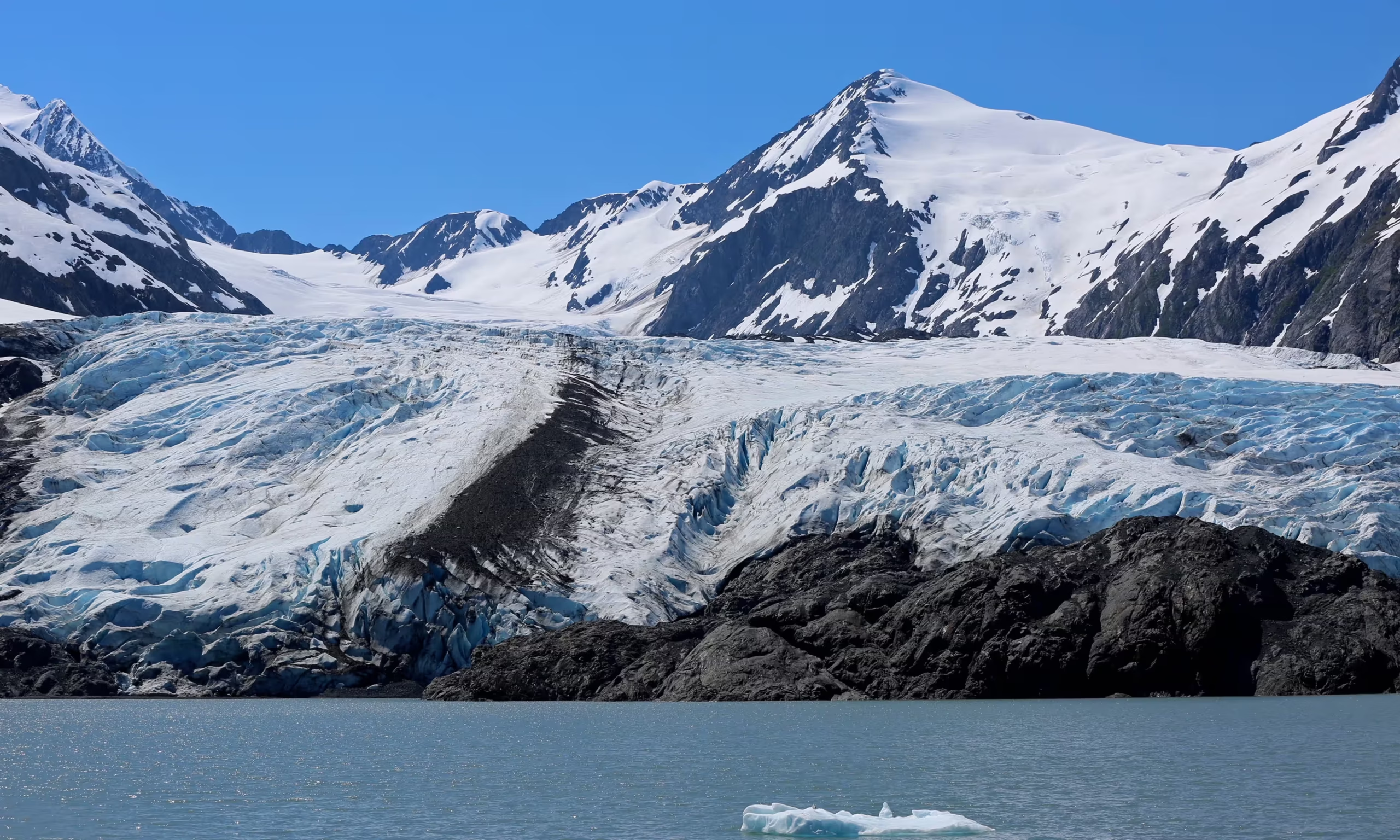
A recent UNESCO report has warned that the rapid melting of glaciers driven by climate change is placing the food and water security of nearly 2 billion people at risk. The study highlights that two-thirds of the world’s irrigated agriculture could be affected by the loss of mountain glaciers and snowfall, especially in regions dependent on seasonal meltwater. More than a billion people live in mountainous areas, many already facing food insecurity, which is expected to worsen as glaciers retreat further.
The impacts are not confined to developing nations. In the U.S., for instance, the Colorado River basin—critical for agriculture—has suffered prolonged drought since 2000, worsened by reduced snowfall and a shift to rainfall that drains more quickly. Audrey Azoulay, UNESCO’s director-general, emphasized that all people rely on mountain glaciers in some way and urged global action. The World Meteorological Organization also reported record-breaking glacier mass loss over the past three years, with regions like the Andes, Alps, and Eastern Africa being particularly hard-hit.
Beyond water scarcity, glacier loss alters global climate dynamics. As glaciers retreat, reflective ice surfaces are replaced with dark soil, which absorbs more solar radiation and intensifies global warming. Additional risks include more frequent avalanches due to rain-on-snow conditions, sudden glacier lake floods, and the release of methane from thawing permafrost. These cascading effects highlight the urgency of addressing glacier retreat as a global environmental and humanitarian crisis.

